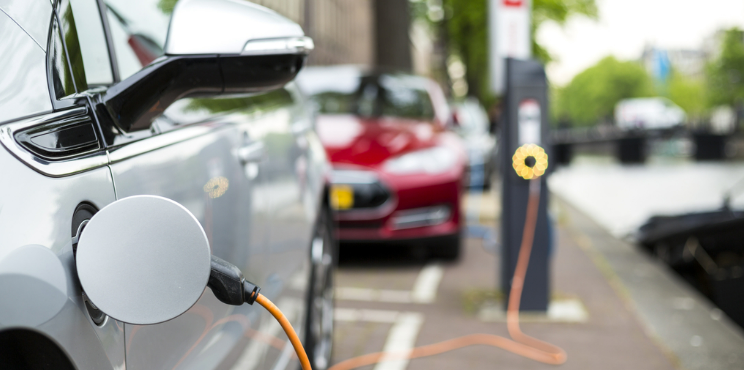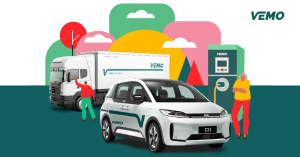
Jamaica Publishes National Electric Vehicle Policy

Initiatives are being generated in the Caribbean to drive the massification of electric mobility.
In Jamaica, for example, the policy highlights the penetration targets set out in the Electromobility Strategic Framework, with 12% of privately owned electric vehicles by 2030 and 16% of public transport vehicles.
In this regard, Jamaica’s Ministry of Energy published the first national electric vehicle policy as part of a plan to strengthen energy security, diversify sources of supply and decarbonize.
The main objectives of the roadmap are the development of an enabling regulatory environment, the deployment of an efficient charging infrastructure, the definition of standards and battery guidelines, training and citizen participation.
Resources Allocated
According to official figures, Jamaica spends over US$1.6 billion per year on importing petroleum-based fuels.
The constraints and barriers identified in the policy are pricing, poor roads and lack of dedicated funding.
Related content: The “+Carga Rápida” Initiative Expands to Strengthen Infrastructure in Chile
Freight Infrastructure
In mid-2022, in an agreement with the company Evergo, the Jamaican government closed a deal to install 60 fast-charging electric chargers.
The company arrived in Jamaica in 2021 to conduct a market study to assess the exact locations where investment was needed.
Since then, Evergo has made significant progress in the electromobility industry throughout the country since this year to achieve, in a first step, a network of infrastructure that articulates the main avenues and routes.
The company has enabled an app that allows users to consult the nearest charging station, plan their route, make reservations, pay through a virtual wallet and start charging.
In Jamaica, the transportation sector accounts for 37% of fuel consumption. However, the emerging potential of renewables, decreasing battery costs and the implementation of incentives by governments create the opportunity for Caribbean countries to reduce dependence on fossil fuels.





